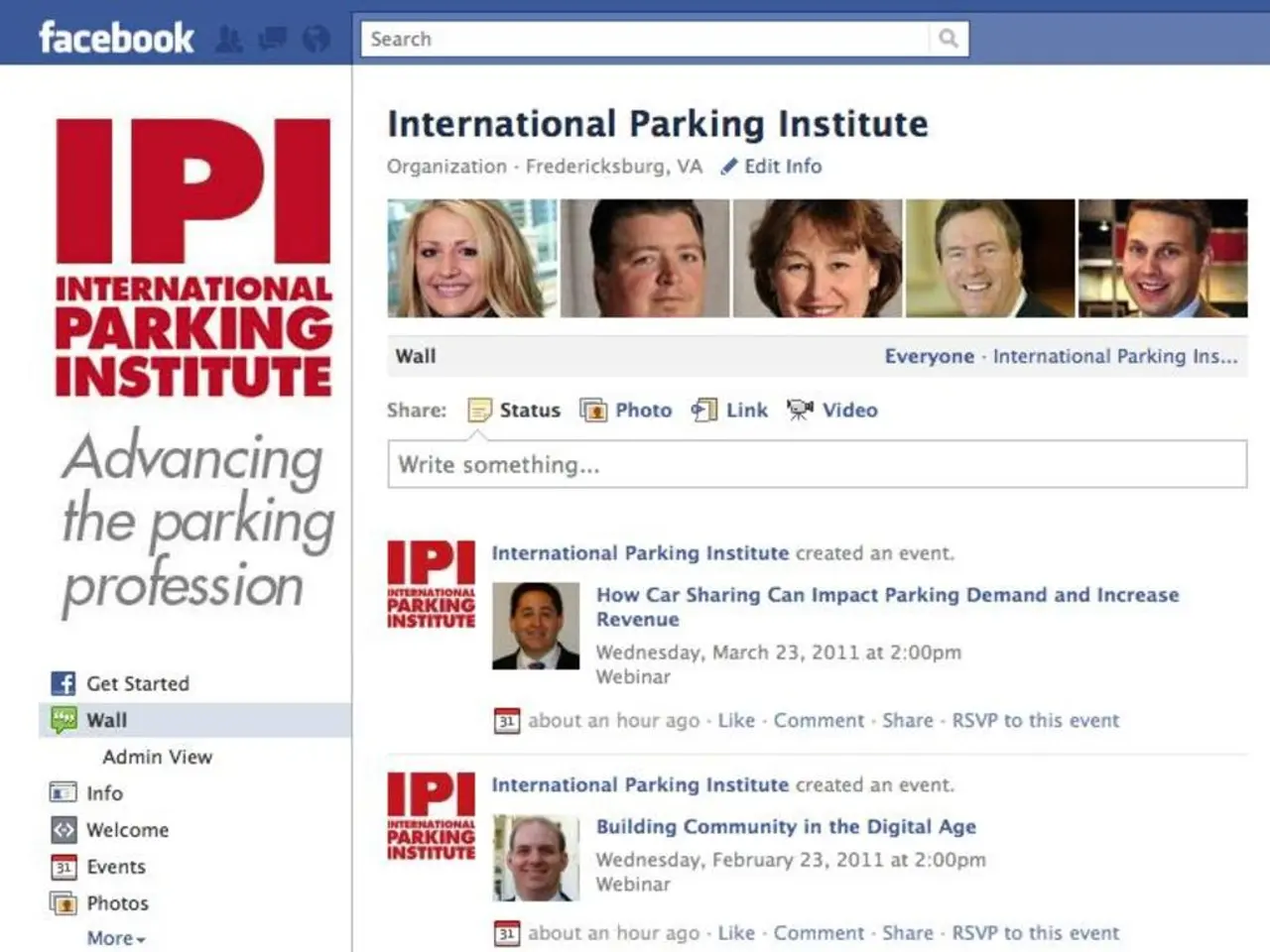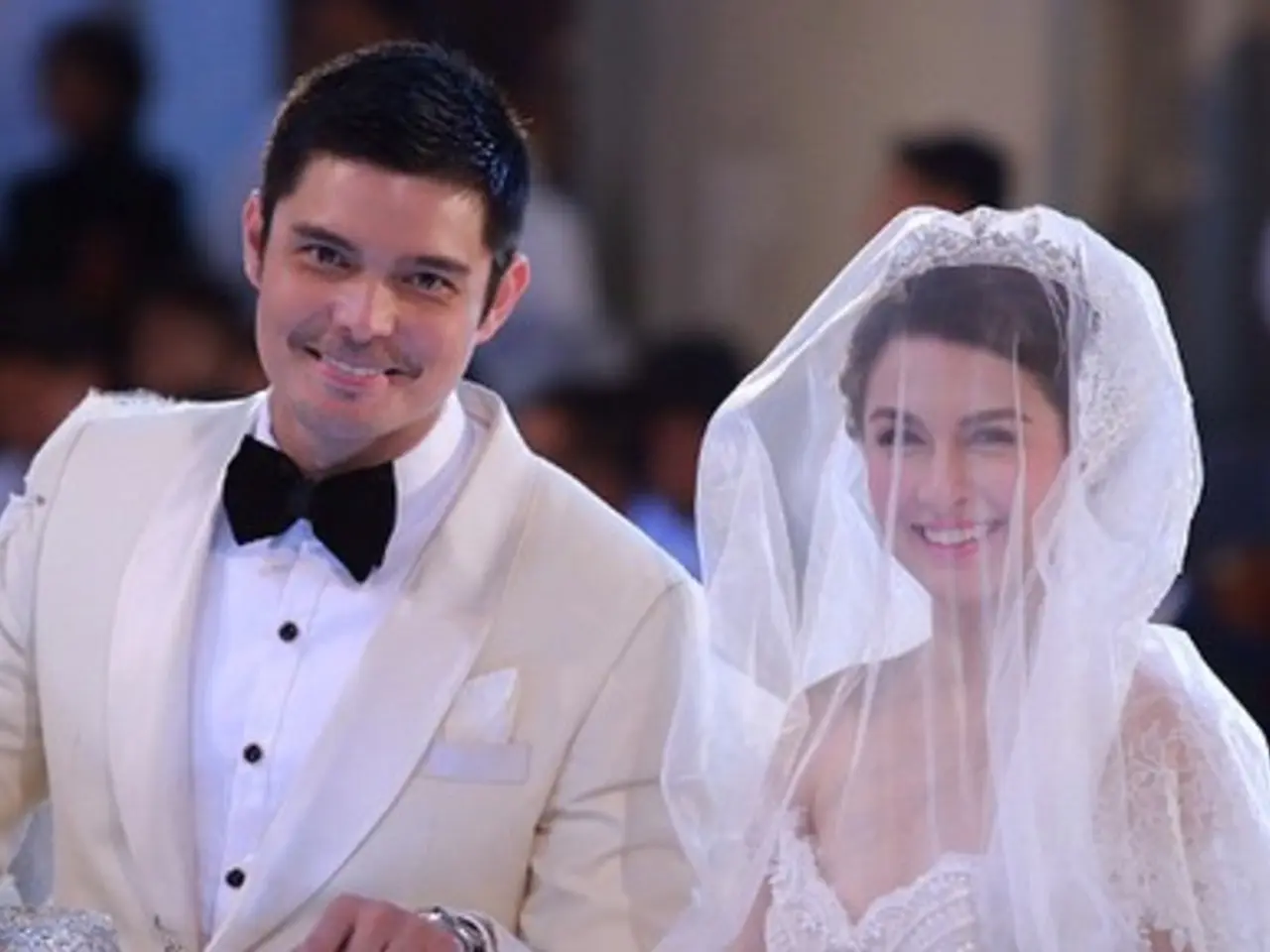Media and Surveillance Society Critique in The Truman Show: An Analysis
==============================================================================
In the film "The Truman Show," directed by Peter Weir and starring Jim Carrey, we are introduced to a world where the protagonist, Truman Burbank, lives a life that is anything but ordinary. Unbeknownst to him, Truman's life is a carefully crafted reality TV set, populated entirely by actors, and broadcast to millions of viewers worldwide.
This setup serves as a metaphor for media manipulation that strips individuals of privacy and autonomy to generate entertainment and profit. The film critiques modern media and surveillance culture, raising important questions about consent, privacy, and the human condition.
The film's satire critiques media manipulation and control, surveillance culture, loss of personal agency, and the blurring of reality and fiction. Christof, the show's creator, embodies the domineering power behind media who manipulate every aspect of Truman's reality, highlighting unethical control and exploitation inherent in media production.
Truman's life is monitored 24/7 by thousands of cameras, symbolizing an extreme form of surveillance that reflects societal voyeurism and the erosion of privacy for entertainment. The pervasive surveillance of Truman's life is a central theme that serves as a powerful critique of modern media and its omnipresent gaze.
The film masterfully juxtaposes Truman's constructed reality with the audience's complicity in his exploitation, highlighting how surveillance can be both invasive and normalized. The realization that friends, family, and even strangers are complicit in the deception can erode trust in interpersonal relationships and societal structures.
Individuals subjected to unrelenting scrutiny may experience anxiety and paranoia. Discovering that one's life has been orchestrated for entertainment can lead to an identity crisis. The loss of personal agency and the violation of privacy can have profound psychological effects.
The film also anticipates reality TV and later influencer culture, predicting society’s fixation with voyeurism and the blurry line between authentic and manufactured experience. However, it contrasts Truman’s lack of consent with the voluntary exhibitionism in real life, intensifying its commentary on consent and control.
To foster ethical media practices inspired by "The Truman Show," it is imperative to prioritize consent and privacy. Media organizations and content creators should ensure that all participants are fully aware and have given explicit consent to be part of any media production. Transparency about how content is produced, edited, and presented is crucial in maintaining trust and accountability.
Data protection measures should be implemented to safeguard personal information. Advocacy for stronger regulations and oversight mechanisms to prevent abuses of power within the media industry is necessary. Ethical storytelling that respects the dignity and privacy of individuals should be a focus.
In conclusion, "The Truman Show" uses satire to condemn the ethical implications of media manipulation and surveillance, portraying an unsettling vision of a society that commodifies privacy and blurs genuine human experience for entertainment and profit. As we navigate the digital age, these themes remain relevant, serving as a reminder of the importance of consent, privacy, and ethical media practices.
- Critics often point out the cinematography in "The Truman Show" as an effective tool in portraying the film's commentary on media and its control over individuals, particularly in scenes that show the audacious use of cameras capturing every aspect of Truman's life.
- Social-media platforms, which have gained prominence since the film's release, present their users with an opportunity to share their lives transparently, but also risk creating a world similar to Truman's, where privacy and authenticity are compromised for the sake of entertainment.
- In a world of movies-and-tv shows where reality and fiction often blur, the filmmaker behind "The Truman Show" has managed to reflect the complexities of our modern entertainment landscape, offering a poignant critique of the manipulation inherent within media production.
- Peter Weir's exploration of media, power, and control in "The Truman Show" opens a discourse about the role of the director as a cinematographer not just of images, but also of human emotions and experiences, leading us to question the ethical responsibility of those with the power to mediate reality for the world to consume.
- Delving into the themes of "The Truman Show," we can expect insightful discussions on the future of cinema, as well as on the broader issues of privacy, consent, and the blurring lines between reality and fiction in an increasingly connected and mediated world.








